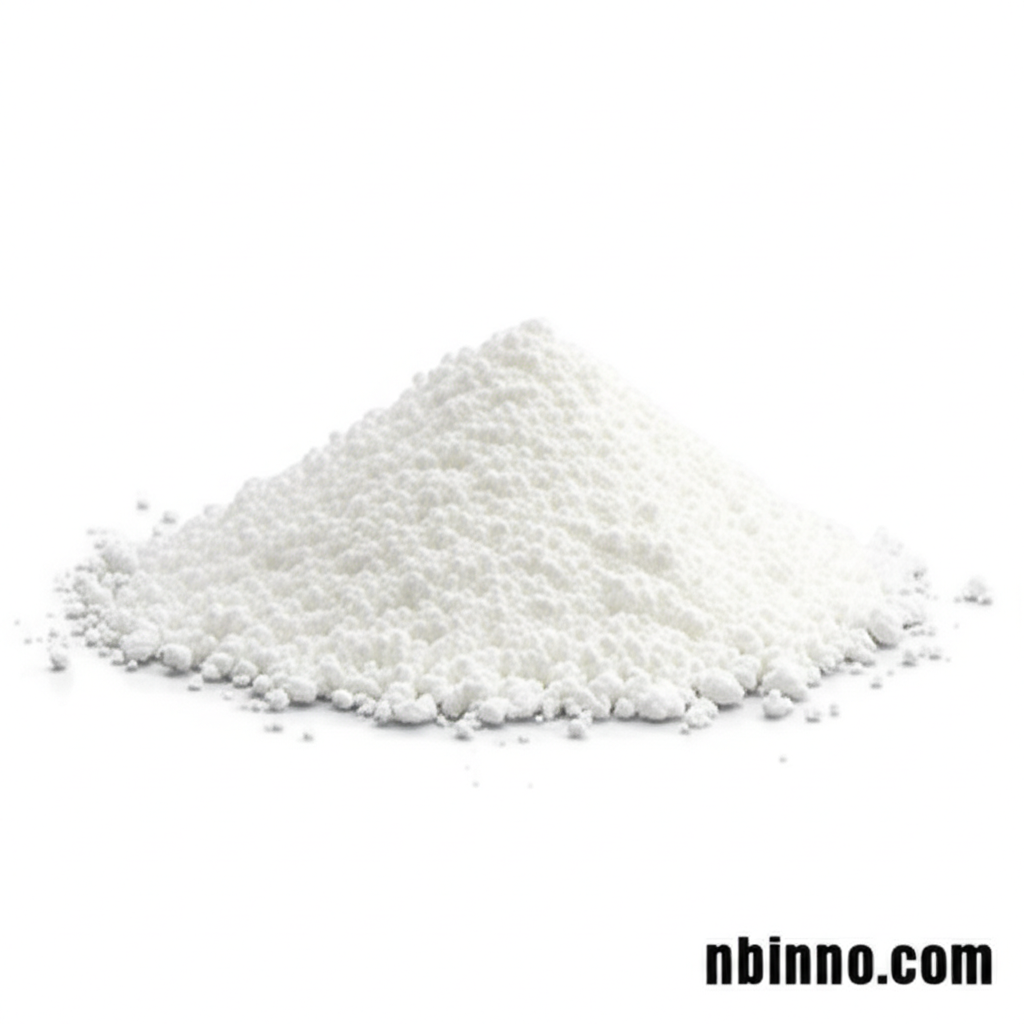Microcrystalline Cellulose: The Versatile Excipient for Pharmaceutical and Food Applications
Discover the essential role of MCC in modern drug formulation, food stability, and beyond.
Get a Quote & SampleProduct Core Value

Microcrystalline Cellulose
Microcrystalline Cellulose (MCC) is a refined, plant-derived powder that serves as a cornerstone excipient across the pharmaceutical, food, and cosmetic industries. Its unique physicochemical properties make it an indispensable ingredient for enhancing product stability, efficacy, and user experience.
- Unlock superior tabletability with microcrystalline cellulose pharmaceutical excipient, ensuring robust formulations with excellent compressibility and binding properties.
- Discover the multifaceted applications of MCC in tablets, where it functions effectively as a binder, filler, and disintegrant, crucial for precise drug delivery.
- Leverage the benefits of food grade microcrystalline cellulose, a vital component for stabilizing food products, preventing caking, and improving texture.
- Explore the advantages of microcrystalline cellulose as a binder and filler, facilitating smooth manufacturing processes and consistent product quality.
Key Advantages of Microcrystalline Cellulose
Exceptional Binding and Compressibility
The inherent plasticity of MCC allows it to deform under pressure, creating strong interparticle bonds, which is a primary reason for its effectiveness as a binder in tablet manufacturing. Understanding the advantages of microcrystalline cellulose is key to optimizing formulations.
Versatile Industry Applications
From pharmaceuticals to food and cosmetics, MCC acts as a multi-functional ingredient. Its role as a stabilizer, anti-caking agent, and bulking agent makes it valuable in diverse product types, supporting product stability and quality.
Enhanced Formulation Performance
As a disintegrant, MCC aids in the rapid breakdown of tablets, facilitating drug release. Its properties also contribute to improved flowability, essential for consistent dosing in capsules and tablets, making it easier to buy microcrystalline cellulose powder for your formulation needs.
Key Applications
Pharmaceuticals
MCC is a critical excipient in tablet and capsule production, functioning as a binder, filler, disintegrant, and more, ensuring the integrity and efficacy of medications.
Food Production
In the food industry, MCC serves as an anti-caking agent, stabilizer, texture modifier, and bulking agent, contributing to the quality and consistency of various food products.
Cosmetics
Its properties as an abrasive, absorbent, and viscosity-increasing agent make MCC a valuable ingredient in skincare, haircare, and makeup products.
Animal Nutrition
MCC is used as a technological additive in animal feed, serving as an emulsifier, stabilizer, thickener, and binder for all animal species.
